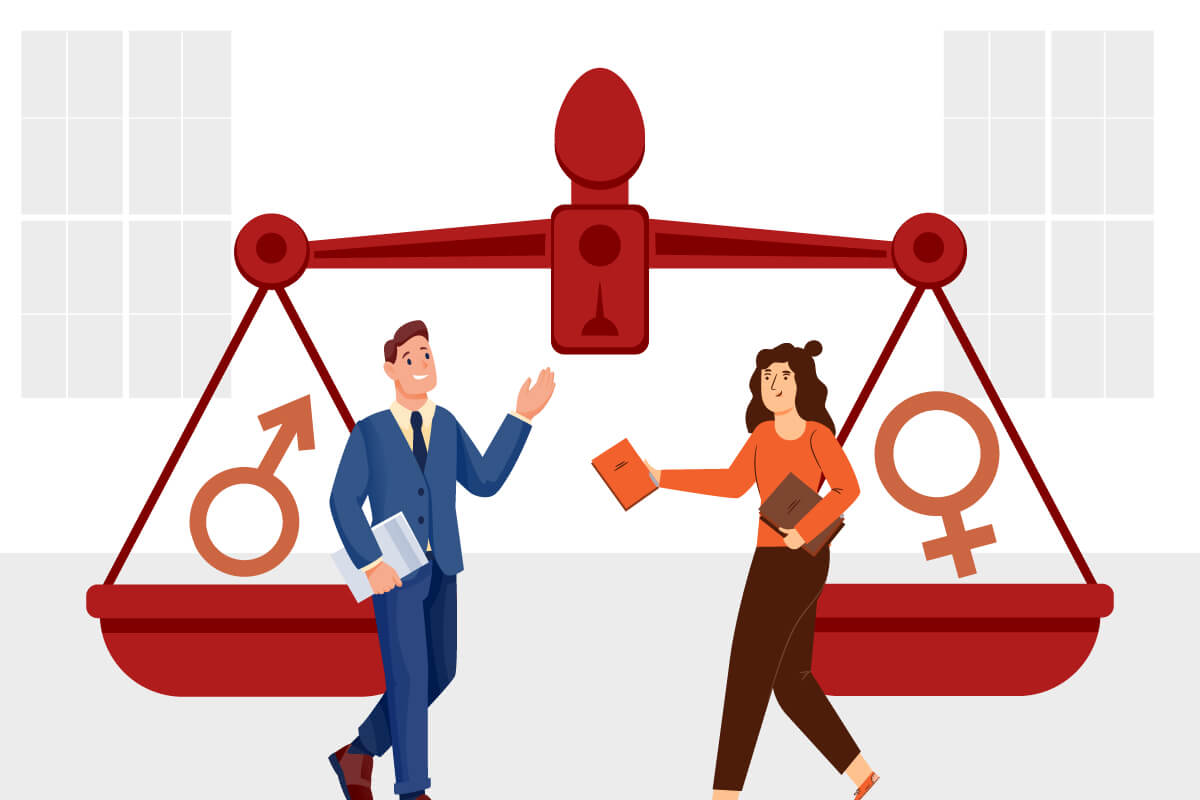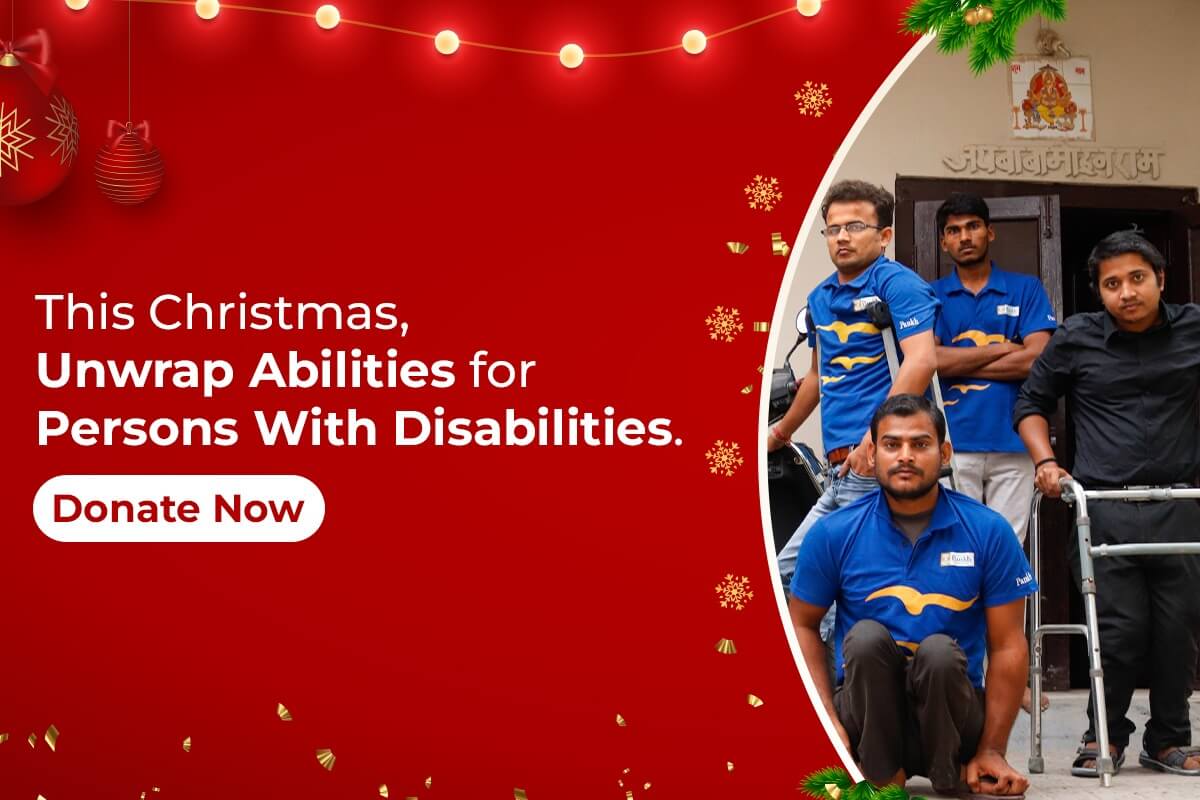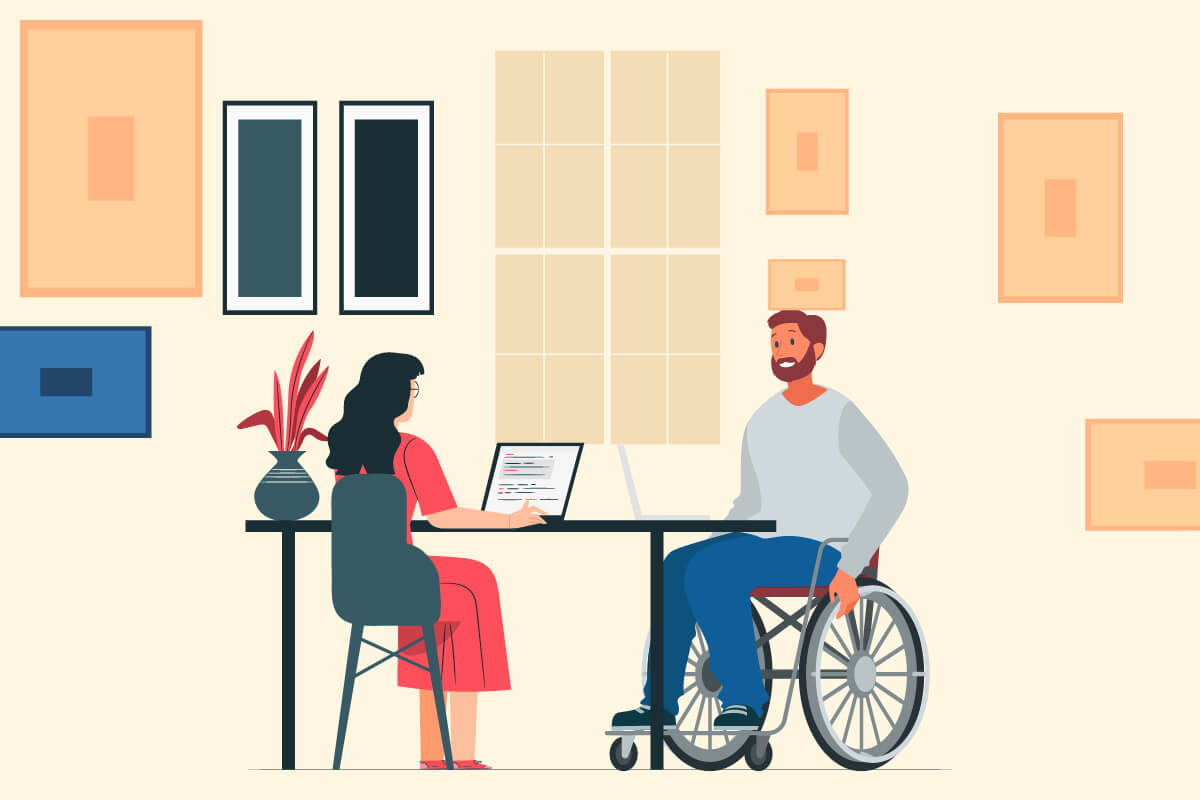The idea of sustainable livelihoods has come to light as a ray of hope in a world undergoing rapid change, providing communities with the means to not just survive but flourish inclusively. At TRRAIN, we strongly believe that donations supporting sustainable livelihoods, a major force for good, are now essential for building strong communities and sustainable development. Through this read, let’s go through the fundamentals of sustainable livelihoods, why they are so important and the significant advantages that ensue to both the givers and the beneficiaries.
Understanding Sustainable Livelihoods
Let’s first answer the question, “what is sustainable livelihood”. The answer is – the ability of people or communities to provide for their basic needs in a way that protects the environment, fosters economic stability, and advances social well-being is referred to as a sustainable livelihood. It is an integrated strategy that builds a comprehensive framework for community development by taking into account social, economic, and environmental factors. In contrast to conventional methods, which concentrate exclusively on financial factors, sustainable livelihood projects take into account the wider environment, stressing adaptability and inclusivity. At TRRAIN, all we do is to create sustainable, inclusive and reliable livelihood opportunities through various initiatives.
The Role of NGOs in Creating Sustainable Livelihood in India
NGOs, equipped with the resources to create sustainable livelihoods, are at the nexus of positive change and community development. They act as catalysts, empowering people and promoting self-sufficiency through everything from skill development to community engagement. Come along, as we unravel the powerful story of NGOs:
- Focus on the Community: NGOs are essential in establishing sustainable means of subsistence because of their community-focused methodology. They actively interact with nearby communities to learn about their particular needs, difficulties, and goals. NGOs enable communities to take an active role in the planning and execution of sustainable livelihood projects by creating a collaborative environment.
- Skill Development and Capacity Building: NGOs create programs that teach useful skills pertinent to the local economy because they understand that having a diverse skill set improves economic opportunities. Through entrepreneurship development, vocational skills training, and these programs give people the tools they need to pursue sustainable livelihoods on their own.
- Making Resources Accessible: NGOs remove the financial obstacles that frequently obstruct the development of sustainable livelihoods by facilitating access to microfinance and necessary resources. NGOs procure resources like seeds, tools, and equipment through partnerships and fundraising campaigns, empowering communities to launch small businesses or agricultural Sustainable economic development within communities is accelerated by this access to resources and funding.
Livelihood Donation, from the Donator’s Perspective:
Embarking on a journey of philanthropy goes beyond the act of giving; it represents a profound commitment to positive transformation. From fostering sustainable livelihoods to championing environmental causes, donors become architects of change. Join us as we unravel the profound connection between generosity, purpose, and the enduring legacy of positive change.
- Sense of Fulfilment: Donations towards sustainable livelihoods have advantages for donors that go beyond the communities they help. Donors feel a sense of fulfilment in knowing that their contributions are improving people’s lives in a noticeable way.
- Alignment with Values: Sustainable livelihoods are often socially responsible, economically empowered, and environmentally sustainable. Donors respond positively to projects that align with their values and promote a more equitable and sustainable society.
- Long-Term Impact: Sustainable livelihood donations are not one-off gifts that provide short-term relief. By investing in communities’ long-term growth, donors create a long-term impact that goes beyond the immediate needs of a community.
Unveil the Transformative Impacts of Sustainable Livelihood Donations:
Sustainable livelihood donations are a shining example of positive change, providing countless benefits beyond immediate relief. Here are some key points that illustrate the transformative effects of sustainable livelihood donations:
- Economic Independence: Sustainable livelihood donations empower people and communities by giving them the tools to generate sustainable income. But it’s not just about money; it’s about creating a sense of independence and self-sufficiency. You’re not just a beneficiary; you’re an active contributor to your community’s economic prosperity, creating a culture of entrepreneurship in your community.
- Eco-friendliness at the Core: One of the unique things of sustainable livelihoods is their focus on eco-friendly practices. Through eco-friendly businesses, inclusive employment opportunities, and resource-saving practices, sustainable livelihoods promote harmony between communities and the natural world. These eco-friendly activities help preserve natural resources for a sustainable future.
- Inclusivity Redefined: By reaching out to underprivileged communities and providing equitable access to goods and services, these programs address social inequalities. Special attention is given to women through skills development programs, such as our TRRAINHer Ascent and Pankh, to ensure that sustainable livelihoods benefits are distributed in a way that promotes inclusion and diversity.
- Building Resilience: By providing sustainable livelihoods, communities become more resilient. Whether it is climate change, an economic crisis, or an unexpected emergency, people with diverse skills and resources become more resilient to change. Not only does this protect livelihoods, but it also fosters a culture of resilience, preparing communities to face adversity head-on.
- Balancing Progress and Culture: Through the integration of traditional skills and the promotion of cultural entrepreneurship, they achieve a balance between economic growth and cultural heritage. Communities grow economically while preserving the rich heritage of their culture, creating a holistic and sustainable approach to development.
With their expertise and commitment, NGOs bridge the gaps between vision and delivery, providing long-term and inclusive pathways to prosperity. When donors show a big heart and donate to livelihood creation, NGOs and other socially responsible organizations are able to make lives better.





